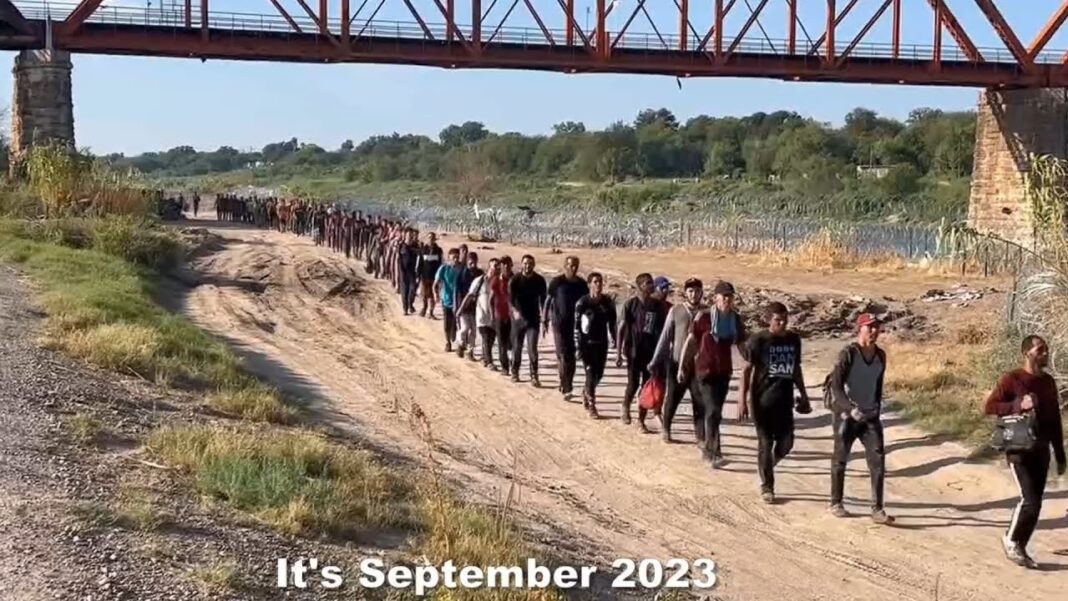US president wants to get issue sorted until next election, say insiders, as Republican sceptics continue to cause problems
Joe Biden is considering a “one-and-done” spending bill to fund the war in Ukraine until the next presidential election in an attempt to overcome an impasse with Republicans, The Telegraph understands.
The White House is drawing up plans to ask Congress to release its largest funding package ever for weapons and humanitarian aid, amid concern continued rows over spending could damage the president in next year’s election.
The war has become a major dividing line among Republican congressmen in recent weeks, holding up Mr Biden’s request for a $24 billion (£19.6 billion) package designed to last until early next year.
NATO leaders and Volodymyr Zelensky, the Ukrainian president, have expressed concern US support could dry up altogether, forcing European states to make up a shortfall of around $2.7 billion per month and rely on their smaller stockpiles of weapons.
Some officials believe passing a single package, which could be as large as $100 billion, may give the Biden administration the best chance of securing funding for the war until after next November’s election.
“The ‘big package’ idea is firmly supported by many throughout the administration,” said a source familiar with discussions. “Supporters of Ukraine want this to be a one-and-done big bill, and then not have to deal with it until after the next election.”
The move would avoid further debates in Congress on Ukraine spending next year. Donald Trump, the Republican frontrunner, and two other leading presidential contenders have repeatedly attacked Mr Biden over the war, arguing the money should be spent on domestic priorities, such as the cost of living and border security.
The latest polls show many voters are sympathetic to that argument. A Reuters/Ipsos poll published on Thursday showed 41 per cent of all voters support the US sending weapons to Kyiv, down from 46 per cent in May.
The biggest fall in support was among Democrats, down nine points to 52 per cent.
By Tony Diver








